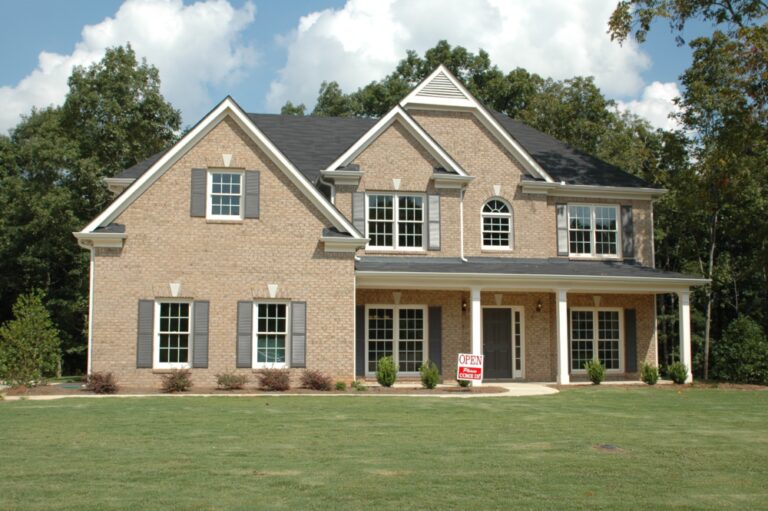
A Chapter 13 Bankruptcy is for families that have assets, value to their home or earn above the average family income for the county in which they live. A Chapter 13 Bankruptcy allows you to keep all your assets while under the protection of the Bankruptcy Court. Under a Chapter 13 Plan, Debtors repay their unsecured creditors only what they can afford to pay based upon their income and expenses. “Unsecured” debt includes credit cards, medical bills, personal loans or debts owed on old car loans. “Unsecured” debt is repaid anywhere from 2% to 100% over the Plan. Once a Chapter 13 Plan is completed, all remaining debt is eliminated (“discharged”).
A common question asked in bankruptcy is whether you can keep your house. In a Chapter 13 and a Chapter 7 Bankruptcy case, you get the Homestead Exemption, which allows you to keep up to $331,000 worth of equity in your home (equity is the value of your home less the mortgage amount to be paid back). If your home is in Foreclosure when you file a Bankruptcy case, you may make catch-up payments through the Chapter 13 plan over 3 or 5 years, or obtain a loan modification.
If you have a second mortgage or HELOC or Home Equity Loan on your property, you may eliminate that mortgage only in a Chapter 13 Bankruptcy case, and only if the amount owed on your first mortgage is greater than the current value of your home.
If you have questions about keeping your home in bankruptcy, contact our firm today.
If you require the services of an experienced bankruptcy attorney, contact the Law Offices of Allen A. Kolber, Esq. today to schedule a consultation and discuss your options.






